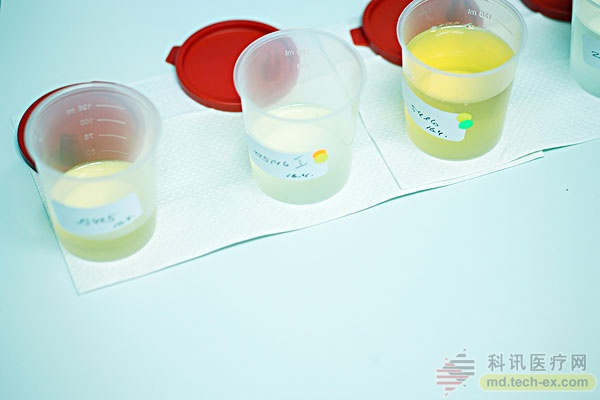Release date: 2016-08-11

Malaria is one of the world's most important tropical parasitic diseases and one of the leading causes of death worldwide. It is caused by the parasite of the malaria parasite and transmitted to humans through infected mosquitoes.

Symptoms of malaria include fever, usually 10-15 days after the bite of an infected mosquito. Because many tropical diseases worldwide are characterized by fever, there are many untreated parasites in the liver that can be life-threatening, so while making treatment easier, correct early diagnosis is critical for successful management. .
A Nigerian scientist and a team at Johns Hopkins University (Baltimore, MD, USA) have developed a urine malaria test (UMT) method for individuals who are already feverish and suspected of having malaria and are currently working on it. Clinical validation. UMT has an exclusive global license from Johns Hopkins University, incorporating a new strip of test technology that is ideal for rapid on-demand clinical malaria diagnosis using urine rather than blood, and provides microscopy and other malaria diagnoses relative to the blood used. The obvious advantage.
UMT test strips detect new variant protein bands in the urine of malaria patients and can be detected and read by people who have received little or no training. These new proteins or fragments are not produced by any known protease breakdown, they are highly immunogenic, cause an early immune response, and are therefore used as early markers of clinical malaria. UMT is a sensitive and dedicated immuno-lateral chromatography detection technology that is easy to operate and can be tested by untrained people using urine.
When testing, immerse the test paper in a clean container of as little as 100 μL of urine, allow the urine to move up the test paper for 1-2 minutes, and incubate at room temperature for 20 minutes. If two visible bands appear on the test strip, the test result is positive; if one band appears, the test result is negative. UMT shows comparable performance to blood-based clinical malaria rapid diagnostics, with a detection limit of 125 parasites/?l, and 100-200 parasites in the rapid diagnosis test for malaria recommended by the World Health Organization (Geneva, Switzerland) /ml.
Source: Inspection Vision Network
Probiotic Yogurt Lozenges,Probiotic Yogurt Block,Probiotics
Jiangsu Biodep Biotechnology Co. ,Ltd. , https://www.mbioda.com